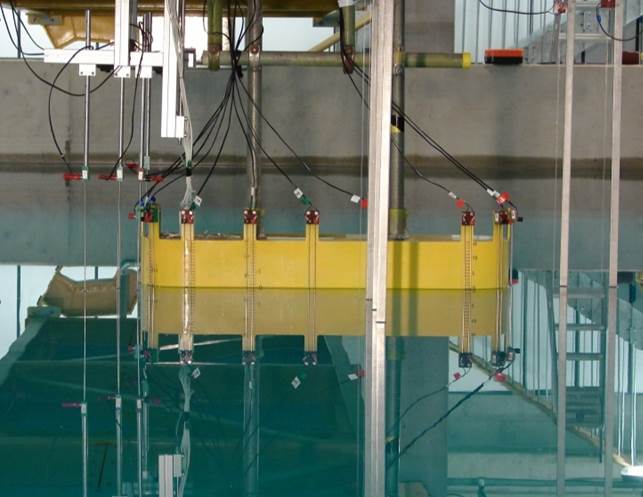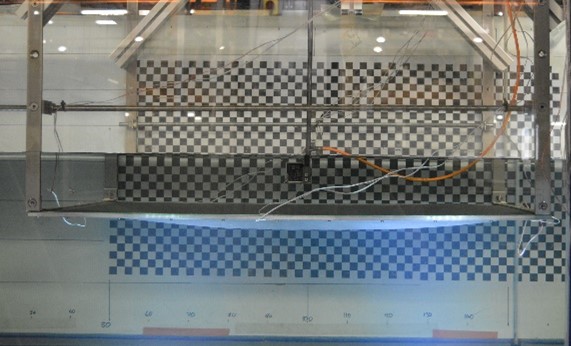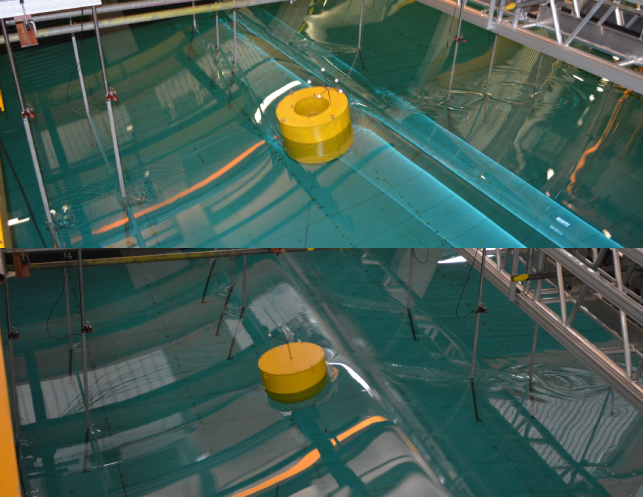Description and Aim
Numerical modelling has become an important process in the assessment of wave structure interaction problems and a vast number of tools have been developed as a consequence. The complete range of model fidelity is now available to developers with the common trade off between computational efficiency and model complexity (i.e. number of simplifications made to the physics being solved) being the main driver when selecting a particular tool for the scenario under investigation. Despite this, as discovered in the 1st CCP-WSI Focus Group Workshop, there still remains considerable uncertainty over the required level of model fidelity when using numerical methods to simulate the interaction of waves with offshore and coastal structures.

The CCP-WSI Blind Test Workshops have been devised to provide a better understanding of this issue and inform future development of numerical modelling standards. Within these Workshops, numerical modellers within the wave structure interaction (WSI) community will be invited to use their numerical codes to simulate a series of specific WSI problems covering the full range of relevant complexities. The details of each case will be introduced at an Introductory Event providing an opportunity for attendees to discuss the proposed test cases, refine them and register an expression of interest in participating. Following this there will be a Release Event in which all of the required information to reproduce a set of bespoke physical experiments will be published. The key outputs of the experiments will not be divulged until after the community have submitted their numerical results. A Showcase Event will then follow in which the results from the test and present recommendations will be shared with the community.
The CCP-WSI Blind Test Series’
There have been four CCP-WSI Blind Test Series’ so far:





